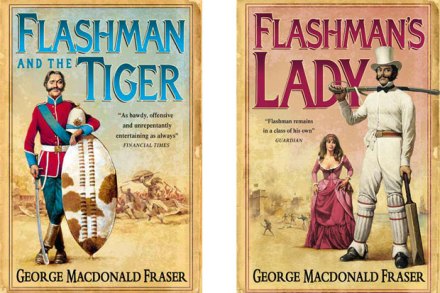A comic drawn by Bob Monkhouse in which a superhero battles giant penises? Yes, it’s all here
ExhibitionsFwoooosh! That, were someone to write a strip about it, would be the sound of a thousand comic books going up in flames. They used to do that, you know; burn comics. It was mostly in America, in the late 1940s, after these DayGlo fictions, with their monsters and superheroes and suggestive curves, were declared




























